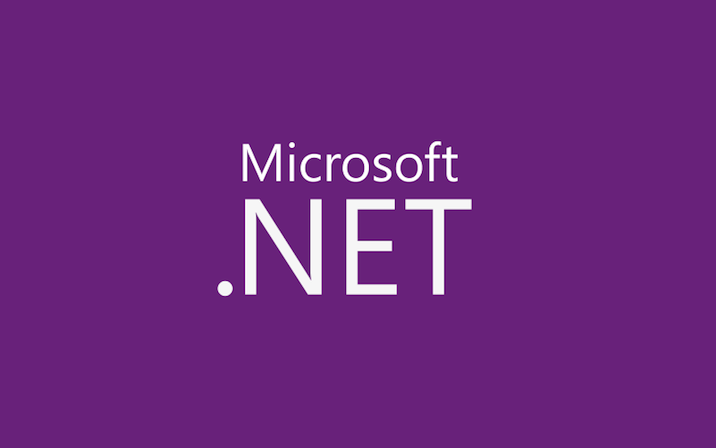


ConcurrentDictionary Performance Improvements in .NET 4.5

What’s New For Parallelism in .NET 4.5

Parallel Merge Sort using Barrier

Little-known gems: Atomic conditional removals from ConcurrentDictionary

SpinWait.SpinUntil for unit testing

New Feature? :: ThreadLocal.Values

Using Cancellation Support in .NET Framework 4

Lesser-known Multi-threaded Debugging Support in Visual Studio 2010


 Light
Light Dark
Dark